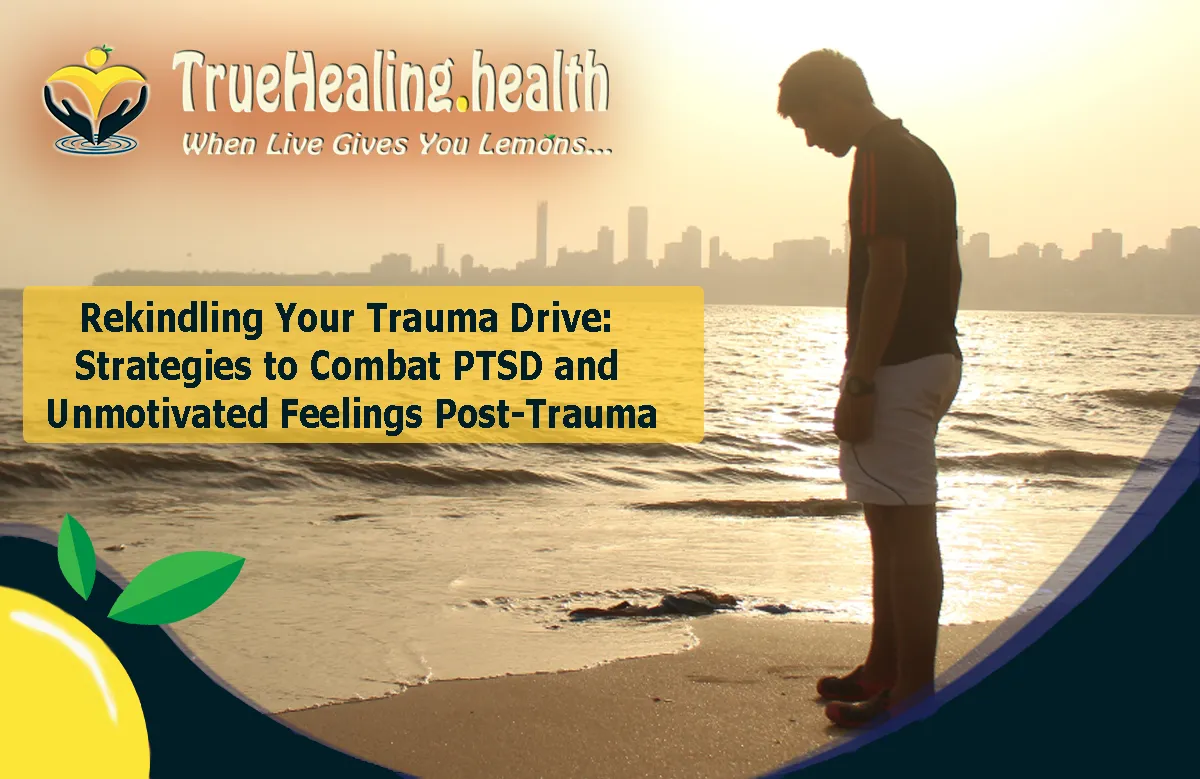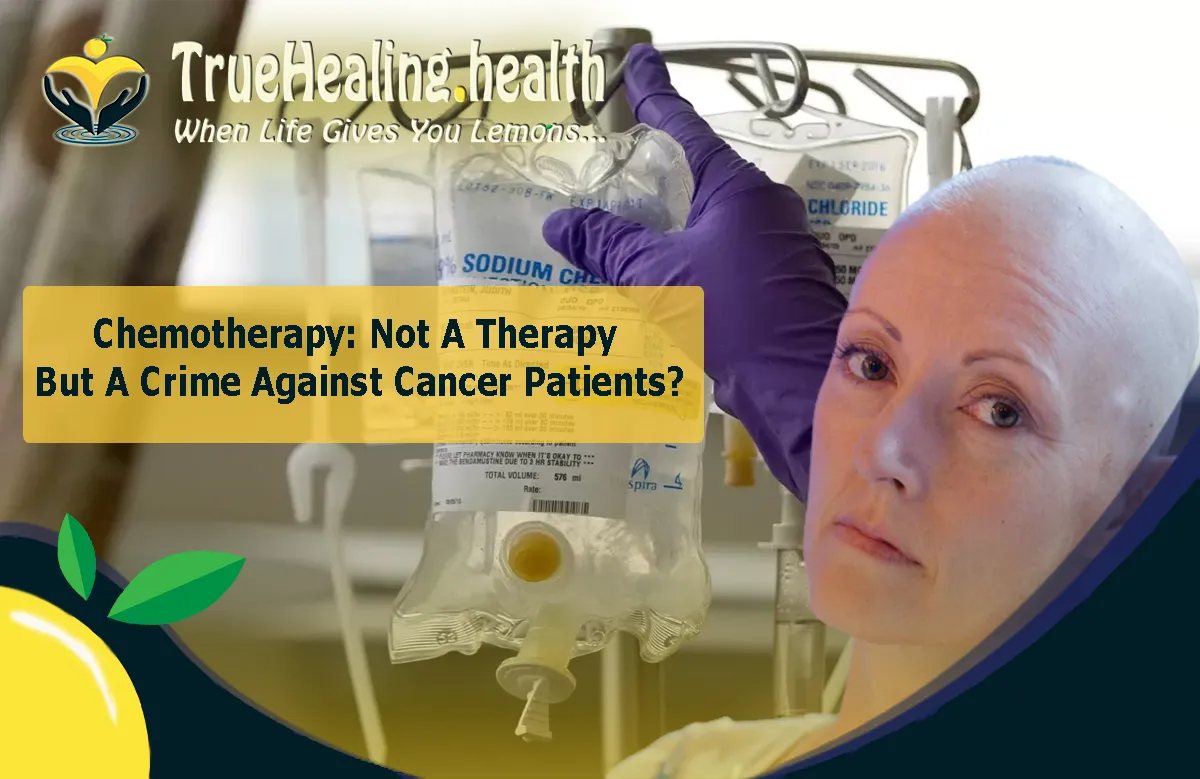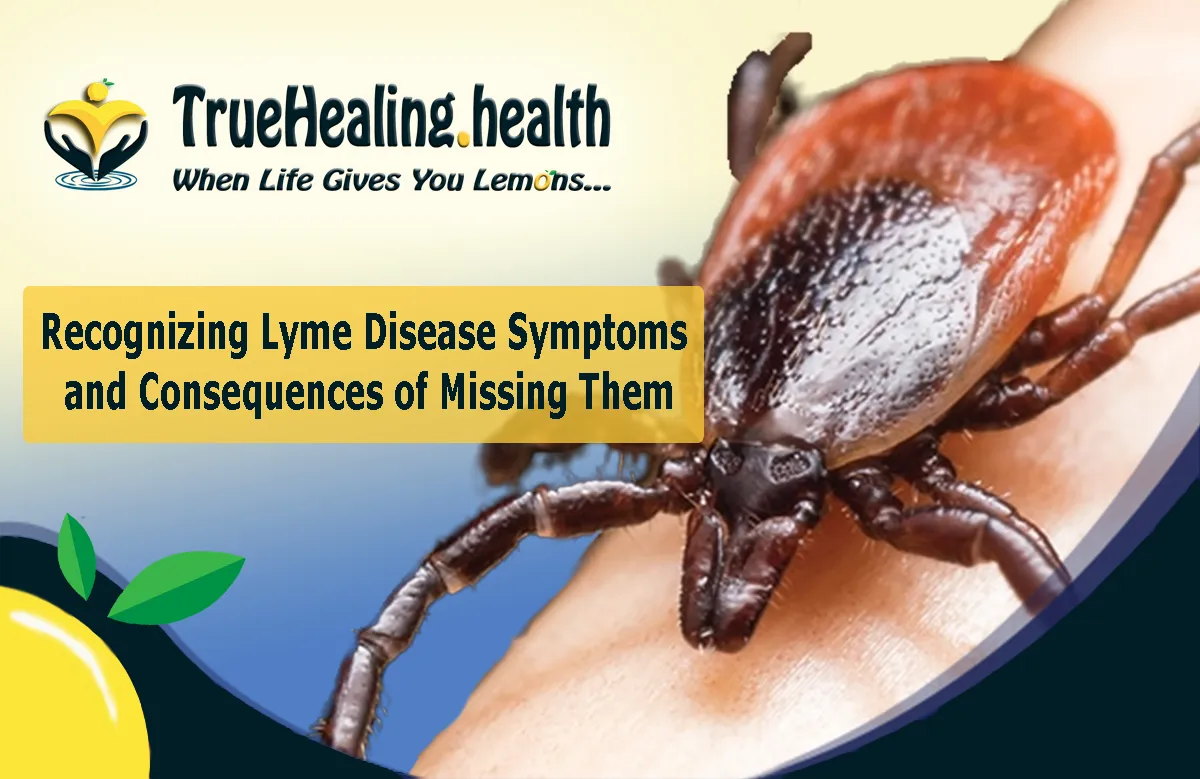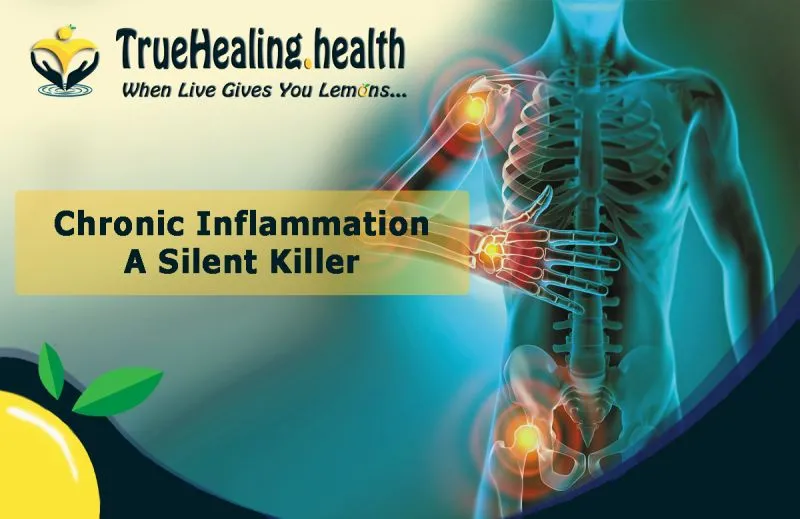Chemotherapy: Not A Therapy But A Crime Against Cancer Patients?
In the realm of healthcare, few topics are as polarizing as chemotherapy in the treatment of cancer. As we explore chemotherapy's role in cancer treatment, we uncover layers of complexity and ignite a discussion about its controversial nature. This article is for everyone seeking to understand the nuance of cancer care, from the intricate workings of chemotherapy on a cellular level to the raw and profound experiences of those who undergo it.
Content List:
- Introduction: The Dichotomy of Chemotherapy
- How Does Chemotherapy Tackle Cancer Cells?
- What Is the Impact of Chemotherapy Beyond Cancer Cells?
- How Do Cancer Patients Cope with the Rigors of Chemotherapy?
- What Role Does Chemotherapy Play in the Future of Cancer Treatment?
- How Are Emerging Therapies Changing the Landscape of Cancer Care?
- What Are the Ethical Considerations in Administering Chemotherapy?
- How Does Chemotherapy Compare to Alternative Cancer Treatments?
- What Are the Financial Implications of Chemotherapy for Patients?
- Conclusion: Weighing the Outcomes of Chemotherapy in Cancer Care
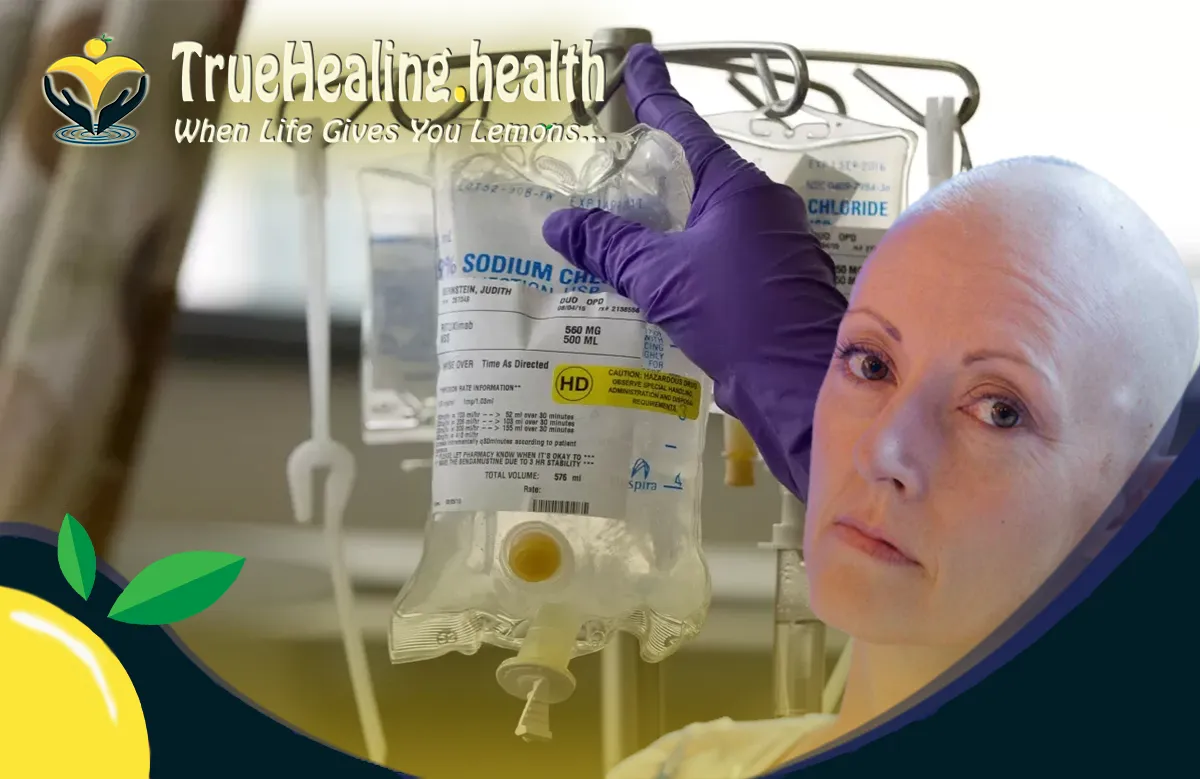
How Does Chemotherapy Tackle Cancer Cells?
Chemotherapy works by introducing powerful drugs into the body that are toxic to rapidly dividing cells, which is a hallmark of cancerous growths. Essentially, chemotherapy disrupts the cell cycle of tumor cells, preventing their replication and spread. This can be particularly effective in shrinking tumors and mitigating the risk of metastasis. However, like a powerful storm that wipes out the weeds and some of the beloved plants in a garden, chemotherapy can also harm healthy cells, leading to the notorious side effects that patients dread.
Chemotherapy functions by administering potent medications into the body that are toxic to rapidly growing cells, a key characteristic of cancerous growths. Essentially, chemotherapy disrupts the cell division process of tumor cells, preventing their reproduction and spread. This can be particularly effective in reducing the size of tumors and decreasing the risk of cancer spreading to other areas.
However, like a strong storm that removes unwanted plants and damages some of the cherished plants in a garden, chemotherapy can also harm healthy cells, resulting in the well-known side effects that patients fear. Here are some examples of chemotherapy treatments used for different types of cancer: lung cancer, colorectal cancer, breast cancer, and pancreatic cancer. - Stem cell In basic terms, chemotherapy interferes with the process of tumor cell division, stopping them from multiplying and spreading.
This can effectively reduce tumor size and lower the chances of cancer spreading to other parts of the body. However, just like a powerful storm that removes unwanted weeds and damages some of the beloved flowers in a garden, chemotherapy can also damage healthy cells, leading to the well-known side effects that patients worry about. Different types of cancer, such as lung, colorectal, breast, and pancreatic cancer, are treated with various chemotherapy methods.
What Is the Impact of Chemotherapy Beyond Cancer Cells?
Beyond the direct assault on cancer cells, chemotherapy can also reshape the tumor microenvironment—the neighborhood of cells surrounding a tumor. These changes can inhibit cancer progression or, paradoxically, create conditions that promote resistance or even support cancerous growth. It's like renovating a house but then discovering that some changes have made the structure more vulnerable to other problems.
Apart from directly attacking cancer cells, chemotherapy can alter the surroundings of a tumor, known as the tumor microenvironment. These modifications can either hinder the advancement of cancer or, unexpectedly, create conditions that encourage resistance or even facilitate the growth of cancer. It's like remodeling a house only to discover that certain changes have made the building more susceptible to other issues.
How Do Cancer Patients Cope with the Rigors of Chemotherapy?
The experience of undergoing chemotherapy is unique to each individual. For some, it's a testament to their resilience, while for others, it's an uphill battle fraught with side effects such as fatigue, nausea, hair loss, and emotional turmoil. Patients often rely on support systems, including family, friends, and healthcare professionals, to navigate this challenging period. Their stories reflect the personal cost of the war on cancer—a journey marked by courage but also by profound physical and emotional challenges.
Each person's experience with chemotherapy is unique. Some see it as a testament to their strength, while others struggle with side effects like tiredness, sickness, hair loss, and emotional distress. Patients often rely on their support network of family, friends, and healthcare professionals to get through this difficult time. Their stories show the personal toll of battling cancer—a journey marked by bravery but also by significant physical and emotional challenges.
What Role Does Chemotherapy Play in the Future of Cancer Treatment?
As we look to the future, chemotherapy remains a key player in cancer treatment, but its role is evolving. With advancements in genomics and targeted therapies, there's a push toward more personalized approaches that could offer greater efficacy with fewer side effects. The development of treatments that specifically target the unique characteristics of a patient's cancer cells holds promise for reducing the reliance on traditional chemotherapy.
Looking ahead, chemotherapy remains an integral part of cancer treatment, but it is changing. With progress in genomics and targeted therapies, there is a shift towards more personalized approaches that may provide better results with fewer side effects. The development of treatments that target the specific characteristics of a patient's cancer cells shows promise in reducing the need for traditional chemotherapy.
How Are Emerging Therapies Changing the Landscape of Cancer Care?
Emerging cancer therapies, such as immunotherapy and gene therapy, are beginning to change the treatment landscape. These methods aim to enhance the body's natural defenses against cancer or directly alter the genetic makeup of cancer cells. While these treatments may not replace chemotherapy altogether, they offer hope for more precise and less toxic options.
Novel cancer treatments, such as immunotherapy and gene therapy, are starting to revolutionize the way cancer is treated. These approaches seek to bolster the body's natural defenses against cancer or directly modify the genetic composition of cancer cells. While these therapies may not entirely replace chemotherapy, they provide hope for more targeted and less harmful options.
What Are the Ethical Considerations in Administering Chemotherapy?
The decision to administer chemotherapy involves ethical considerations such as patient autonomy, informed consent, and the balance between potential benefits and harm. Oncologists must navigate these issues daily, striving to provide the best possible care while respecting the wishes and values of their patients. Deciding to use chemotherapy raises ethical concerns such as patient self-governance, informed agreement, and the trade-off between potential advantages and harm.
Oncologists have to handle these matters daily, offering the best care possible while respecting their patients' desires and principles. This information comes from Memorial Sloan Kettering Cancer Center and concerns the treatment of various types of cancer, including breast, colorectal, ovarian, and advanced prostate cancer. It discusses the use of chemotherapy and radiation and the role of chemotherapy agents.
How Does Chemotherapy Compare to Alternative Cancer Treatments?
With the rise of alternative treatments, ranging from natural remedies to holistic approaches, patients often weigh the pros and cons of chemotherapy against these methods. While some alternative treatments can complement conventional therapies, patients must evaluate their efficacy and safety critically, often in consultation with their healthcare team.
As alternative treatments become more popular, such as natural remedies and holistic approaches, patients often compare the advantages and disadvantages of chemotherapy with these methods. While some alternative treatments can work alongside traditional therapies, it's important for patients to carefully assess their effectiveness and safety, often with the guidance of their healthcare team.
What Are the Financial Implications of Chemotherapy for Patients?
The cost of chemotherapy can be staggering, presenting a financial burden on top of the already substantial emotional and health-related challenges. For many, this can lead to difficult decisions, as the treatment price tag may influence the course of care. Addressing the affordability and accessibility of chemotherapy is an ongoing concern within the healthcare system.
The expense of chemotherapy can be overwhelming, creating a financial burden on top of the already significant emotional and health-related difficulties. This can lead to tough decisions for many, as the cost of treatment can impact the direction of care. The ongoing concern within the healthcare system is addressing the affordability and accessibility of chemotherapy.
This includes patients with breast cancer, individuals with late-stage cancer, those with colorectal cancer, and others undergoing cancer treatment. It also involves addressing issues such as survival rates, resistance to treatment, and the development of targeted therapies for cancer.
Conclusion: Weighing the Outcomes of Chemotherapy in Cancer Care
As we draw to a close, it's clear that chemotherapy's place in cancer care carries a multifaceted legacy. Conceived in the 1940s as a radical method to decimate cancer cells, it has undeniably been a lifeline for numerous patients, a testament to the relentless quest for healing in the face of a relentless adversary. However, as our understanding deepens, research suggests that the effectiveness of chemotherapy may not be as universal as once thought, prompting introspection within the medical community.
Provocatively, some physicians, informed by the data and outcomes of chemotherapy, express reservations about recommending it to their own loved ones, which brings to light the dichotomy between its perceived benefits and risks. One of the most sobering considerations is the potential for chemotherapy to lay the groundwork for secondary cancers, an unintended consequence that points to the need for treatments with more precision and fewer long-term risks.
Chemotherapy, by its nature, does not attend to the underlying causes of cancer, which raises questions about its role in comprehensive cancer management. Consequently, the medical field is witnessing a gradual yet intentional shift away from chemotherapy as researchers and clinicians explore and integrate alternative treatments that promise to target cancer more effectively and sympathetically.
The conversation around chemotherapy is evolving. It's a conversation that balances the historical significance of chemotherapy with its contemporary scrutiny and the emerging alternatives that challenge its preeminence. As we look toward a horizon where cancer treatment is more nuanced and personalized, the collective goal remains: to achieve victory over cancer with therapies that are as kind to the body as they are lethal to the disease.
This comprehensive look at chemotherapy aims to provide clarity and foster informed discussions among patients, caregivers, and healthcare professionals alike, as we continue to seek the best possible outcomes in cancer care.
Key Takeaways:
- Chemotherapy targets and destroys rapidly dividing cancer cells, but it can also harm healthy cells, leading to side effects.
- The effects of chemotherapy extend beyond killing cancer cells; it can reshape the tumor microenvironment with both positive and negative consequences.
- Cancer patients face significant physical and emotional challenges during chemotherapy, relying on various support systems to cope with the treatment's rigors.
- The future of cancer treatment may see a reduced role for chemotherapy as genomics and personalized medicine pave the way for targeted therapies with potentially fewer side effects.
- Emerging therapies like immunotherapy and gene therapy are changing the cancer care landscape, offering more precise treatments.
- Administering chemotherapy involves ethical considerations, including patient autonomy and informed consent, and balancing benefits against potential harm.
- The financial implications of chemotherapy are substantial, posing a burden on patients and influencing healthcare decisions and policies regarding the treatment's affordability and accessibility.
- The debate around chemotherapy's role in cancer care continues as new therapies are developed and integrated into patient care plans.
References:
- "Chemotherapy induces the cancer-associated fibroblast phenotype, activating paracrine Hedgehog-GLI signaling in breast cancer cells - PMC" | National Center for Biotechnology Information
- "Adverse drug reactions associated with chemotherapeutic agents used in breast cancer: Analysis of patients’ online forums - Sulaf Assi, Ebony Torrington, Ejaz Cheema, Abdullah Al Hamid, 2021" | SAGE Journals
- "The dark side of immunotherapy: pancreatic cancer - PMC" | National Center for Biotechnology Information
- "Chemo: yes or no?" | WNDU.com
- "Bête Noire of Chemotherapy and Targeted Therapy: CAF-Mediated Resistance" | MDPI Cancers Journal
- "Despite options, many cancer patients are left in the dark | CNN" | CNN
- "The Cost of Cancer: Advice on Insurance, Planning and Paying for Treatment | Memorial Sloan Kettering Cancer Center" | Memorial Sloan Kettering Cancer Center
- "Stem cells: A weapon in war on ‘chemobrain’? – Orange County Register" | Orange County Register
- "ROS in cancer therapy: the bright side of the moon | Experimental & Molecular Medicine" | Nature
- "Rectal Cancer Patients May Not Need Radiation, Study Finds - The New York Times" | The New York Times
- "Chemotherapie: Krebsforscher deckt brutale Wahrheit auf | Lothar Hirneise Soren Schumann" | Youtube
Hashtags:
#cancer #chemotherapy #cancercare #cancerpatients #cancertreatment #cancercells #cancertherapy #tumorcells #oncology #cancerresearch #fightcancer #cancersurvivor #chemosideeffects #canceralternativestherapy #personalizedmedicine #truehealing



